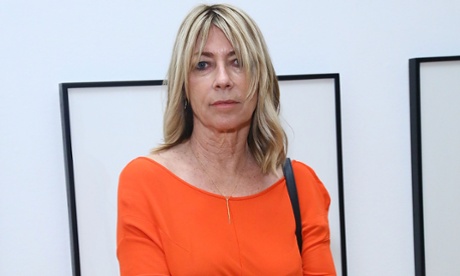
One thing women in rock are used to is being loud. Sadly, another thing they’re used to is not having their voices heard. That is why rockers Kim Gordon (Sonic Youth), Chan Marshall (Cat Power), and JD Samson (Le Tigre) are among a number of self-professed “loud women” supporting a new educational platform for high-school-age girls, School of Doodle. They are are also going full punk, and funding the programme through Kickstarter.
In their Kickstarter video (which includes multiple close-ups of a sticker insisting “I Believe in Daria”, the ultimate hat tip to 90s MTV feminist culture), the project’s founders turn the mic over to Natasha Lyonne (of Slums of Beverly Hills, But I’m a Cheerleader and Orange is the New Black fame) to discuss how teenage girls, “the most awesome invention of all time”, are in dire need of an educational model that caters to their inherent awesomeness.
The School of Doodle proposes a revolutionary, non-linear model for completely free, modular, online-only education, allowing its participants to “doodle” (explore a range of topics casually) or “dig” (go deep on an area of interest). Not only is the programme completely free, but in lieu of grades attendees earn “doodle dollars” which they can exchange for rewards such as one-on-one sessions with Yoko Ono.
Education is an interesting next step for feminism in music. In the School of Doodle Kickstarter video, the cartoon narrator wears a Bikini Kill T-shirt and introduces a cartoon Gordon (in a Riot Grrrl T-shirt), teaching a course entitled “Girls Invented Punk Rock, Not England”, in which participants can learn to write a three-chord rock song, among other important elements of alternate cultural history.
Following the death of magazines like Sassy, zines like Girl Germs and the end of the kind of political reportage done by MTV News correspondents like Tabitha Soren, the leaders and inheritors of such movements have decided to organise not to create a public, mass cultural happening like Lilith Fair, but rather an educational paradigm that allows young women to engage individually and privately. The revolution will not be televised, it seems, but rather streamed through laptops, behind closed doors.
In attracting the support of such major female musicians, School of Doodle seems to be harking back to the days when fans discovered bootleg tapes of new bands and felt an intense personal connection to the music, that it was speaking directly to them, teaching them things about themselves they never knew by understanding their psyche in a way no one else could. These female luminaries seem to understand the importance in education of privacy and revelation, while recognizing the inherent separatism long enforced by male-dominated culture.
For women to produce music, School of Doodle seems to insist, they must do it on their own. For women to learn the practical and emotional skills to create, they must do so on their own too.
School of Doodle outlines its objectives thus: “Our mission is to change the way girls value themselves and teach them to Be Loud. Our Vision is a world where girls don’t ask for permission. Our Goal is to promote and protect girls’ imaginations.”
Instead of asking young women to Lean In, the artists and musicians behind this project instead ask women to peace out: to create their own space, create their own art, create their own voice. School of Doodle offers a striking alternative to the newest iteration of mainstream feminist discourse, which insists that women not only sit at the table with men, but put themselves at the head of it. School of Doodle asks women to not only forgo the table, but to flip it on their way out the door.
The best way to train the next generation of feminist thinkers and makers is to encourage them to innovate free from the confines of the dominant, corporate masculine culture, instead utilising their own imaginative prowess to insist on the importance of alternative art for women to succeed, and succeed on their own terms.
And also, live-streaming Kim Gordon sounds a lot more relevant than Algebra II.

